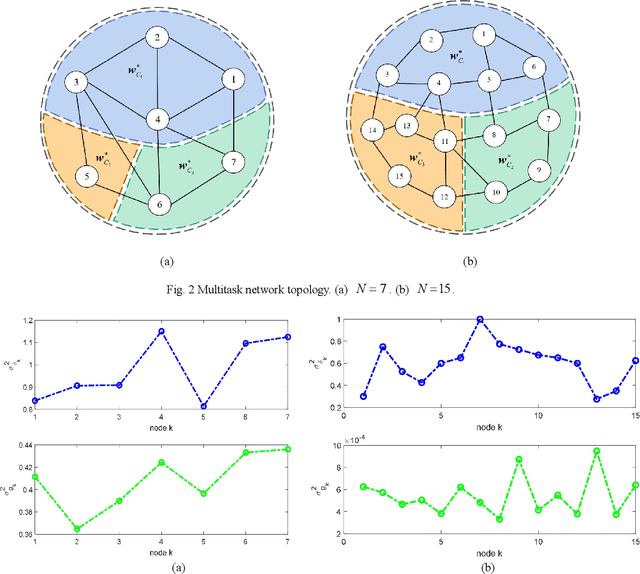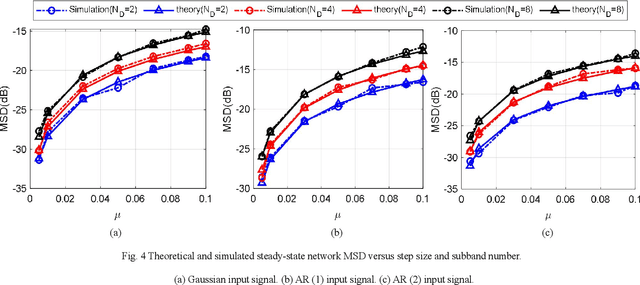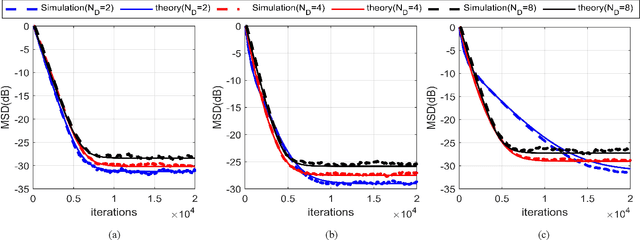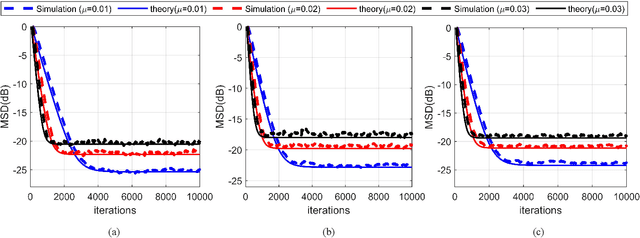Wenjing Xu
Static-Dynamic Class-level Perception Consistency in Video Semantic Segmentation
Dec 11, 2024



Abstract:Video semantic segmentation(VSS) has been widely employed in lots of fields, such as simultaneous localization and mapping, autonomous driving and surveillance. Its core challenge is how to leverage temporal information to achieve better segmentation. Previous efforts have primarily focused on pixel-level static-dynamic contexts matching, utilizing techniques such as optical flow and attention mechanisms. Instead, this paper rethinks static-dynamic contexts at the class level and proposes a novel static-dynamic class-level perceptual consistency (SD-CPC) framework. In this framework, we propose multivariate class prototype with contrastive learning and a static-dynamic semantic alignment module. The former provides class-level constraints for the model, obtaining personalized inter-class features and diversified intra-class features. The latter first establishes intra-frame spatial multi-scale and multi-level correlations to achieve static semantic alignment. Then, based on cross-frame static perceptual differences, it performs two-stage cross-frame selective aggregation to achieve dynamic semantic alignment. Meanwhile, we propose a window-based attention map calculation method that leverages the sparsity of attention points during cross-frame aggregation to reduce computation cost. Extensive experiments on VSPW and Cityscapes datasets show that the proposed approach outperforms state-of-the-art methods. Our implementation will be open-sourced on GitHub.
A Lung Nodule Dataset with Histopathology-based Cancer Type Annotation
Jun 26, 2024Abstract:Recently, Computer-Aided Diagnosis (CAD) systems have emerged as indispensable tools in clinical diagnostic workflows, significantly alleviating the burden on radiologists. Nevertheless, despite their integration into clinical settings, CAD systems encounter limitations. Specifically, while CAD systems can achieve high performance in the detection of lung nodules, they face challenges in accurately predicting multiple cancer types. This limitation can be attributed to the scarcity of publicly available datasets annotated with expert-level cancer type information. This research aims to bridge this gap by providing publicly accessible datasets and reliable tools for medical diagnosis, facilitating a finer categorization of different types of lung diseases so as to offer precise treatment recommendations. To achieve this objective, we curated a diverse dataset of lung Computed Tomography (CT) images, comprising 330 annotated nodules (nodules are labeled as bounding boxes) from 95 distinct patients. The quality of the dataset was evaluated using a variety of classical classification and detection models, and these promising results demonstrate that the dataset has a feasible application and further facilitate intelligent auxiliary diagnosis.
Robust Multitask Diffusion Normalized M-estimate Subband Adaptive Filtering Algorithm Over Adaptive Networks
Oct 20, 2022



Abstract:In recent years, the multitask diffusion least mean square (MD-LMS) algorithm has been extensively applied in the distributed parameter estimation and target tracking of multitask network. However, its performance is mainly limited by two aspects, i.e, the correlated input signal and impulsive noise interference. To overcome these two limitations simultaneously, this paper firstly introduces the subband adaptive filter (SAF) into the multitask network. Then, a robust multitask diffusion normalized M-estimate subband adaptive filtering (MD-NMSAF) algorithm is proposed by solving the modified Huber function based global network optimization problem in a distributed manner, which endows the multitask network strong decorrelation ability for correlated inputs and robustness to impulsive noise interference, and accelerates the convergence of the algorithm significantly. Compared with the robust multitask diffusion affine projection M-estimate (MD-APM) algorithm, the computational complexity of the proposed MD-NMSAF is greatly reduced. In addition, the stability condition, the analytical expressions of the theoretical transient and steady-state network mean square deviation (MSD) of the MD-NMSAF are also provided and verified through computer simulations. Simulation results under different input signals and impulsive noise environment fully demonstrate the performance advantages of the MD-NMSAF algorithm over some other competitors in terms of steady-state accuracy and tracking speed.
 Add to Chrome
Add to Chrome Add to Firefox
Add to Firefox Add to Edge
Add to Edge